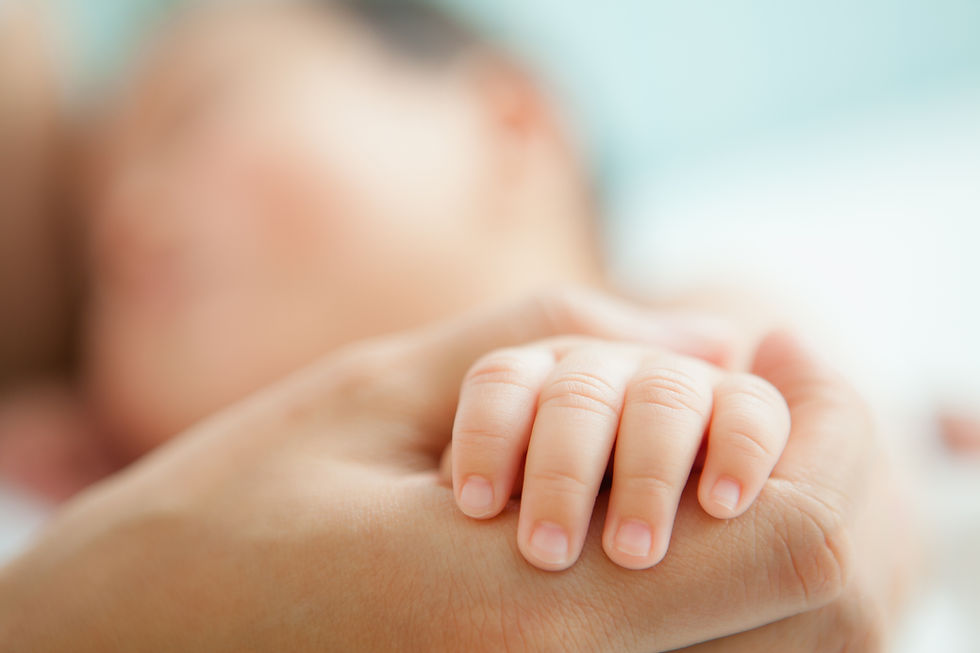How to Estimate Egg Reserve before Testing
- Dr. Singh, ND
- Jan 29, 2018
- 2 min read
When undergoing a fertility treatment, finding the best medication and supplement protocol for you can have a big impact on the success rate, especially if egg reserve is low. With lower egg reserve, there are different protocols that can be tried to help increase the number of follicles produced and the dose of the medications can vary as well.
Whether you are considering to start trying to conceive or are considering postponing until a later time, being able to estimate your egg reserve is an important factor in that decision. For example, if you have a low egg reserve, postponing trying to conceive may not be in your best interest.
Egg reserve is not the same for all Women. The amount of eggs that are left at a specific age can vary greatly based on genetics.
Because the cost of testing for egg reserve can be high, researchers investigated for other signs to help identify those who may be at risk for having a lower egg reserve than they should for their age.
How to Estimate Egg Reserve?
The only reliable parameter that seemed to correlate with egg reserve was the age at which one's mother entered menopause. In a healthy Woman, menopause (not to be mistaken with perimenopause - the transition period) should occur after the age of 50. However, Women who's mothers entered menopause before the age of 50 were at a higher risk for a lower egg reserve during their fertile and reproductive years.
While this does not establish a cause-and-effect relationship, it brings to light how important genetics may be. A Woman with a lower egg reserve compared to an age-matched control would be expected to enter menopause earlier than expected. Therefore, genetically, any daughters she has could also be at a higher risk for entering menopause earlier than predicted, consequently giving them a lower egg reserve during their late fertile years.
What is Anti-Mullerian Hormone (AMH)?
AMH is a hormone produced by follicles and can be measured on a blood test to help determine an estimate of the egg reserve in a Woman. While it is not 100% accurate and levels can fluctuate, it is one of the more accurate tests available. It can also be used in conjunction with another blood test known as FSH (Follicle Stimulating Hormone).
In conclusion, when trying to decide when you would like to start trying to conceive and planning for the upcoming years, an important factor to consider is egg reserve. To help estimate that reserve, one of the many factors to think about is the age at which your mother entered menopause, and in the event that it is below 50, further testing may be helpful to more accurately determine your egg reserve.








Comments